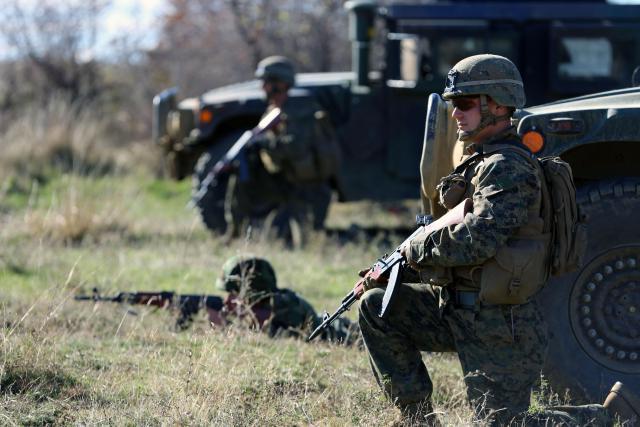Exploring how to predict PTSD in military men, women

- Marines during an exercise in Novo Selo, Bulgaria in November 2013. Photo by 2nd Lt. Danielle Dixon.
He took blood samples from 50 Marines prior to their deployment to war zones in Iraq or Afghanistan. Half went on to develop PTSD, and half did not. And it turns out, blood tests predicted with 70 percent to 80 percent accuracy which of the Marines would develop PTSD. Two different blood tests looked at the levels of immune genes, and at one exon from each of five genes.
Glatt‘s study concludes that if these blood tests can be further refined and replicated, they could suggest avenues for early intervention and prevention among individuals at high risk for trauma exposure.
Listen to this HealthLink on Air interview.
Read the abstract for Glatt's study.


